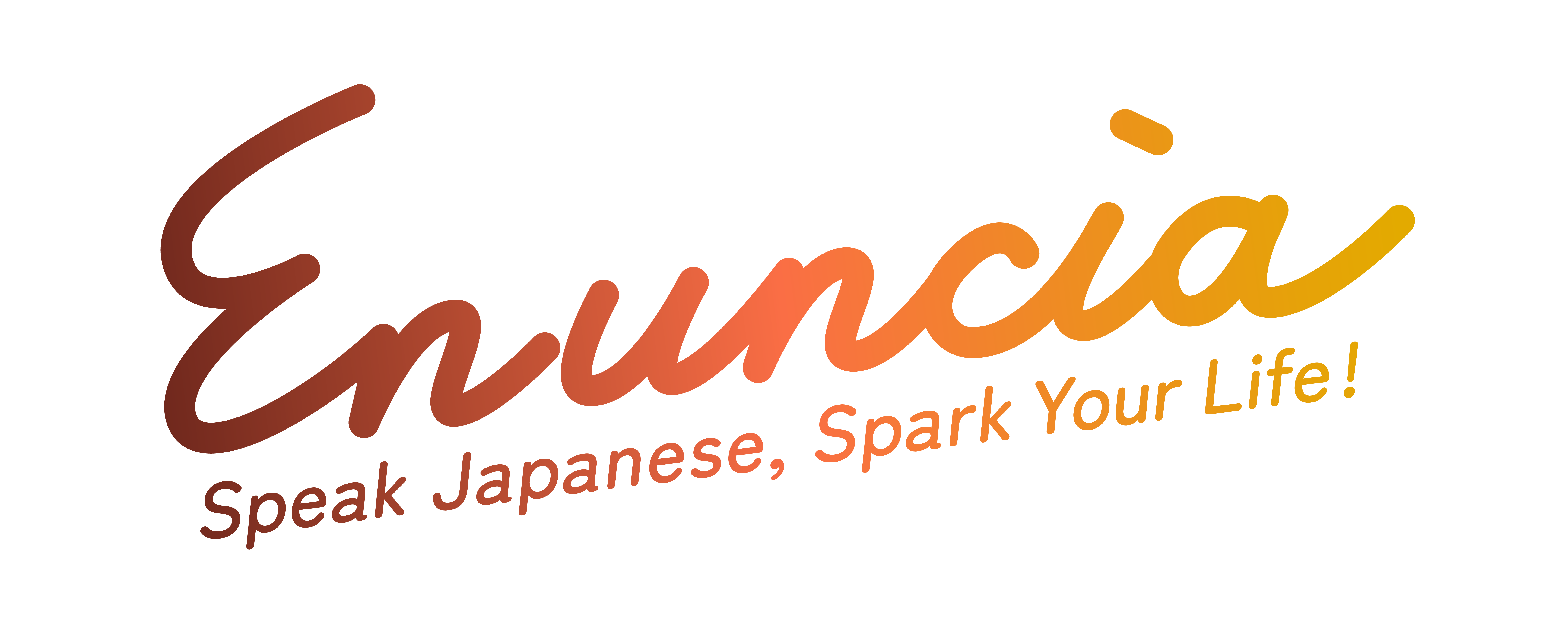JLPT N3・N4 Grammar – “〜まま” and “〜っぱなし”

Table of Contents
1. Difference between ”〜まま” and ”〜っぱなし”
2. 〜まま
3. 〜っぱなし
4. Let’s Compare
5. Summary
6. Quiz
7. Similar Articles
8. Comment
Q: What is the difference between “〜まま” and “〜っぱなし”?
A: Both “〜まま” and “〜っぱなし” indicate that the same state continues without change, but they have different perspectives.
〜まま (JLPT N4)
Indicates that a state or action remains unchanged after it has been completed.
It emphasizes keeping the state as it is after doing something, often used when the action continues to result in a certain state.
The speaker typically has a neutral or positive feeling about the continuation of this state.
[Rules]
[V] Verb (past or non-past form) + まま
[A] I-adjective + まま
[Na] Na-adjective + まま
[N] Noun + まま
[Examples]
[V] 窓を開けたまま寝てしまいました。
I slept with the window open.
⇒ I slept without changing the state of the open window.
(There is no particular problem, and the speaker does not feel dissatisfied)
[A] そのお菓子は冷たいまま食べた方がおいしいよ。
That sweets taste better when eaten while it’s still cold.
⇒ It’s best to eat it without changing its cold state.
[Na] 祖母にはずっと元気なままでいてほしいです。
I hope my grandmother stays healthy and energetic forever.
⇒ The speaker hopes that the grandmother’s good health continues.
[N] この野菜は生のまま食べることができます。
You can eat these vegetables raw.
⇒ The speaker is positive about eating without altering the “raw” state.
*“〜まま” is used to indicate a state where there are no expected or desired changes or actions.
It is used when the second action occurs while maintaining the initial state.
Therefore, such below is not applicable in this context.
× 電気を消したまま寝てしまいました。I fell asleep with the lights still off.
⇒ It is common to turn off the lights before going to bed, so this usage is incorrect.
◯ 弟は目を少し開けたまま寝ています。
My younger brother is sleeping with his eyes slightly open.
⇒ “Sleeping with your eyes open” is not common, so this is correct.
〜っぱなし (JLPT N3)
Indicates the continuation of an action, but is often used to describe a state that continues because necessary procedures or actions have been neglected.
This expression is used when something has been left unattended, resulting in waste or negative consequences, and the speaker has negative feelings about it.
[Rule]
[V] Verb stem + っぱなし
[Examples]
[V] 窓を開けっぱなしで寝てしまいました。
I accidentally slept with the window wide open.
⇒ I slept after neglecting to close the window.
(As a result, I caught a cold, etc., and the speaker feels dissatisfied)
[V] 洋服の値札が付けっぱなしになっているよ。
The price tag is still attached to your clothes.
⇒ This is the result of neglecting to remove the price tag.
Let’s Compare
[Example 1]
◯ テレビをつけたままです。
The TV is left on.
⇒ This is correct as it indicates that the result of the action “turning on the TV” remains.
There is no dissatisfaction expressed by the speaker.
◯ テレビがつけっぱなしです。
The TV is left on.
⇒ This is the result of neglecting to turn off the TV.
This expresses the speaker’s dissatisfaction with the TV being left on continuously.


[Example 2]
× 一日中いたままで疲
I am tired from walking all day.
⇒ This sentence is incorrect because the action of ‘walking’ does not result in a continuous state.
Furthermore, “まま” is not suitable for expressing the speaker’s dissatisfaction or feeling of tiredness.
◯ 一日中
I am tired from walking all day.
⇒ This sentence is correct as it expresses the speaker’s complaint of being ‘tired’ followed by the continuous action ‘walking’.


Summary
〜まま
- Expresses the continuation of a certain state neutrally or positively.
- Focuses on the ongoing state at the present moment.
- Used only when the result of an action remains.
- It is used when there is no expected or desired action or change, and the second action occurs without it.
〜っぱなし
- Represents a passive expression of a state continuing due to neglect.
- The result of the action does not remain.
- Indicates the speaker’s dissatisfaction or surprise with the ongoing action.
Quiz
Read the following sentence and choose the expression that fits the context from the options provided in the parentheses.
Click on the question to check the answer.
A.まま
どうぞ、靴
Please come in with your shoes on.
*The result of the action “putting on shoes” remains (wearing shoes), so we use “まま”.
A. っぱなし
鍵
I left the house without locking the door, and it was left open all day.
*Since the action “locking the door” was neglected (the door is left unlocked) due to carelessness, we use “っぱなし”.
A. っぱなし
エアコンをつけっぱなしで外出
If you leave the air conditioner on while you’re out, it’s a waste of electricity.
*Since “もったいない” expresses dissatisfaction, we use “っぱなし”.
A. まま
このバッグは全然
I haven’t used this bag at all, so it’s still clean.
*Since the clean state continues and it makes you happy, we use “まま”. Also, “っぱなし” only connects to verbs, so for adjectives, we use “まま”.
A. っぱなし
冷蔵
I forgot to close the refrigerator door, and it was left open all night.
*Since the contents of the refrigerator will become warm, indicating a negative outcome, “っぱなし” is more suitable.





